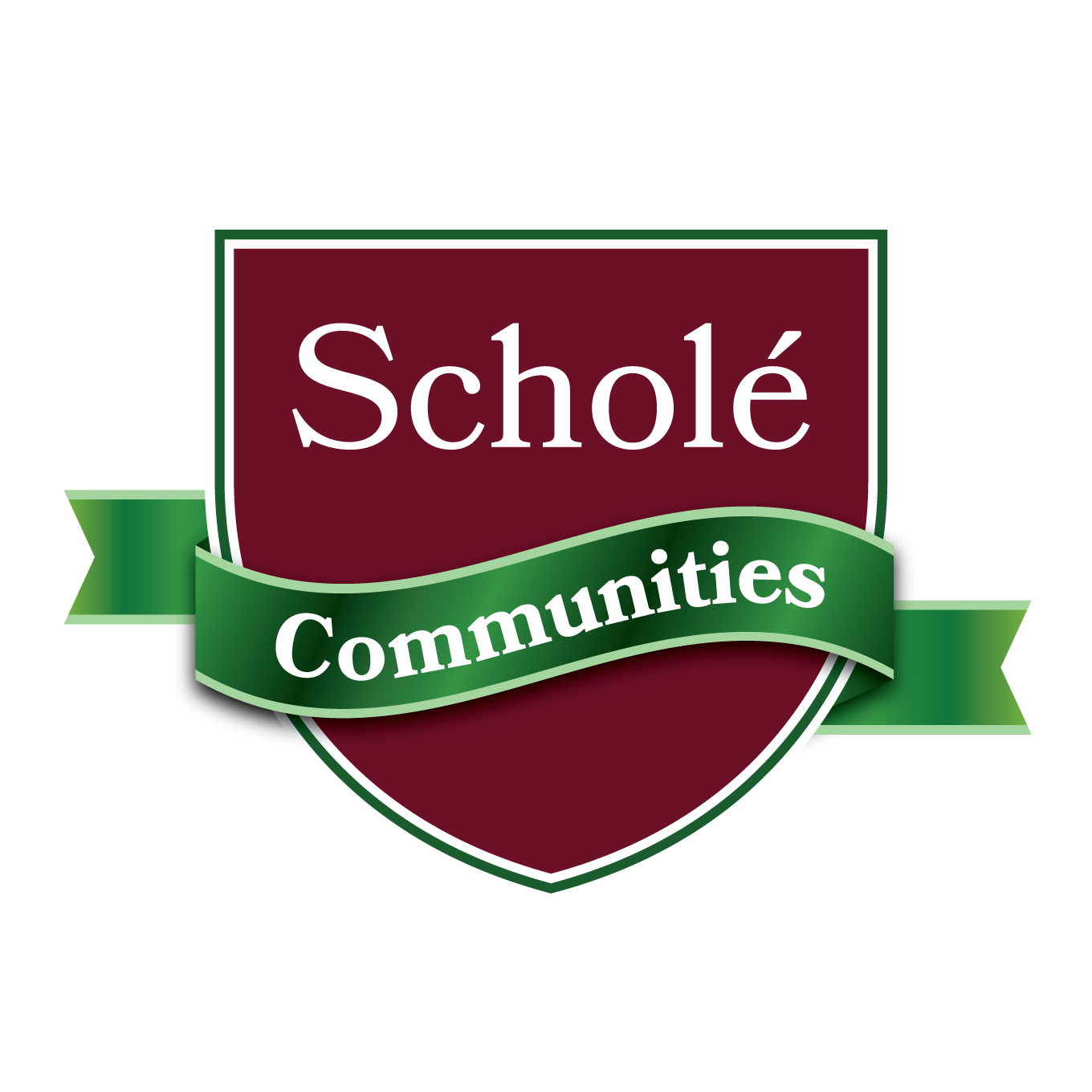A couple of months ago, one of my logic students told me that she didn’t need to take my class to be successful. It’s a tough class with a highly specific vocabulary and skill set, and they have it at the end of the school day, which hurts their brains. She said that her father never took logic in high school, and he is successful, so she doesn’t need to take logic to be successful, either.
I was overjoyed by the statement. Now we could have some real fun. I responded, “Do you think I teach you logic in order for you to be successful?”
While, at that moment, the irony of the situation escaped her, there is a common root question at the bottom of her statement that I get from my own children, my students, and occasionally, other parents. Perhaps, you, too, have heard it?
“When are we ever going to use this?”
Ah. The familiar refrain comes up often, doesn’t it? Aside from the obvious answer of, “Right now” our students are desperate to know that we’re not wasting their time when they’d rather be doing something else—anything else, please—besides what they’re doing at that moment.
Whether it’s finding the square root of imperfect squares, declining Latin nouns, or creating logical syllogisms, as teachers, we get asked this all the time. Our children and our students want to know what the point of it all is—these things we insist that they learn. Students tell us they don’t need our Latin or algebra or logic lessons in order to grow up and be successful. They’re probably right.
They can grow up having never known how to translate Ovid themselves or how to solve systems of equations three ways or how to tell whether Socrates is mortal. They can be completely successful, contributing members of society who have gone to college and gotten jobs and moved out of the house (please, dear God, let them move out) without any of these things.
Although I do hope they will find wild success in their lives and endeavors, I don’t teach my children and my students so they can “use” what they’ve learned. I don’t teach them so they can get into college or get a job or be successful. That is not the point. I choose to teach classically so my students can order their thoughts, so they can love their neighbor, and so they can be more fully human.
We’ve all seen what happens when people stop becoming “useful” and are deemed inconvenient. Without a contribution to the economic factors of our society, we do away with them. We abort unborn children. We prefer restaurants and airplanes to be child-free spaces. We consider years raising children to be harmful to women’s careers, something we’ve called “the child penalty.” We automate as much as we can and hire out any menial tasks we can afford. We sequester our elders away in institutions. Anything and anyone that gets in the way of our productivity, our comfort, or our ability to make money, we do away with.
I don’t want a life that has usefulness as its primary purpose. Therefore, I don’t want an education that has usefulness as a primary purpose, either. To care about the things that are not merely useful is to see things the way God does. To love the orphan and the alien and the widow—the non-useful— is to entertain angels. We are a society of exasperated Marthas, and we need more Mary in our lives.
Yes, these subjects and skills we teach will contribute to our students’ success, and they will find applicability if they seek it out, but that is not why we teach, that is not why we educate. We do ourselves and our students a disservice if we lead them to believe that is why they should learn.
A month or so ago, someone in an online homeschooling group asked about the benefits of studying Latin. Answers ranged from the ability to have a better vocabulary, to getting higher test scores, to providing a good base to learn other languages, to preparing students for studying law or medicine.
My children and I had sat on the couch that morning, reading the same passage in our Latin book over and over together. We finally figured out that what we thought were words acting as possessives were actually acting as objects of the preposition, and that other words we thought were adjectives were actually nouns. It took us a while, but we figured it out, and in the process and the struggle, that moment brought us all a flicker of joy.
We learned Latin, and in doing so, the sheer joy of learning Latin was an end unto itself. I had an answer to the question pitched by the other homeschool mom. The benefit of learning Latin is knowing Latin. It’s joy. It’s beauty. It’s harmony.
A friend recently texted me. Her daughter wants to take Latin in high school, but my friend wants her to take Spanish because she sees Spanish as more “essential.” So she wrote and asked, “Why should I let her?”
What is it about Latin that causes this question to come up all the time? This is a drum I will keep beating, so I responded, “Because knowing Latin is worth learning Latin.”
She wrote me back and said, “That’s not an answer, silly.”
Except that it is the answer. I fully meant what I wrote.
Didn’t I think high school should prepare students for college and career, she asked.
I said that I think what we study should have an end to make us more fully human. I suppose it is a silly answer, but it’s one that also has a side effect of naturally preparing students for both college and career.
The truth is, I want to “waste” my students’ time. We need more silliness, joy, beauty, and harmony in our lives. We need more rest and wonder and magic. We need to do more things simply for the sake of doing them. And we need to hurt our brains more. Our humanity depends on it.

Kristen Rudd (successfully!) homeschooled her two children for 14 years. She is in her final year of her children’s homeschooling journey. Kristen is a CiRCE-certified master classical teacher and teaches online literature and writing classes for both high schoolers and adults. She has written articles for the CiRCE Institute, for the Center for Lit, and for Fathom Mag, and she runs the Classical Educator Fellowship, a convivial group for entrepreneuring classical educators.
Join Scholé Communities On Facebook & ClassicalU!
Join Scholé Communities as we share and support each other in community in the Contemplating Scholé Facebook Group!
We also invite you to join in the scholé conversation on ClassicalU – Restful Learning (Scholé) Group!

